Is your landscape or garden as appealing to the birds as it could be?
According to the National Audubon Society, more than 40 bird species found in Oregon are either “globally threatened,” or at risk of becoming so. Even bird species still considered common have seen significant declines.
Creating a bird-friendly yard or garden has never been more important – almost 80 percent of wildlife habitat in the U.S. is privately owned. Fortunately, according to a U.S. Fish and Wildlife Service study, birding is one of the most popular hobbies in the U.S. And, many birders put feeders in their yards to help our feathered friends.
Provide Shelter
Still, if you’d like to see more birds to your yard or garden, remember that providing adequate cover is as important as providing food – especially as winter approaches.
Birds need places to hide from predators, and protected areas to shelter from the weather. Ground cover, under a tree canopy or in a log pile, and shrubs and roosting boxes are all examples of ways your yard can provide shelter.
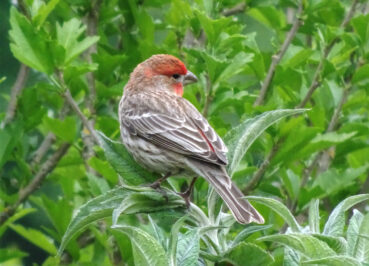
Birds like cover where they can hide from predators. (Photo: Cynthia Orlando)
Some birds, including woodpeckers and chickadees, like to excavate cavities in tree trunks for nesting and roosting. That’s a good reason to retain snags (dead or dying trees) whenever possible and practical.
Food
Planting native plants, shrubs and trees is the easiest way to provide food and foliage. A variety of shrubs like snowberry, twinberry or serviceberry will provide fruit throughout the seasons.
If your yard contains cone flower or black-eyed susans, don’t deadhead them but let the seeds remain on the plant through the fall and winter to keep goldfinches and other seed-eaters around.
And, you can offer hummingbirds the standard mixture of four parts water to one part sugar.
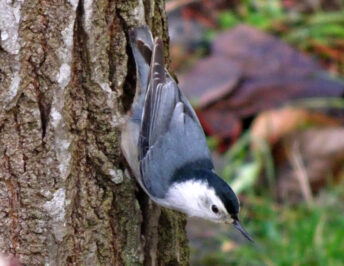
Birds like this Nuthatch prefer finding insects in tree bark. They also love black oil sunflower seeds and will come to your feeder for them. (Photo: Cynthia Orlando)
You can also install a bird feeder if you don’t have one already. Black oil sunflower seeds are the best for attracting songbirds — stock a tubular feeder with it, and watch the birds flock in. (Remember to rake the ground below your feeder to prevent accumulation of molds or waste).
Water
It can be difficult for birds to find water during winter months, so providing a source of water is important. If your budget allows, consider adding a fountain or other water feature to your yard or garden. Ponds, small streams, rain gardens and birdbaths are all helpful water sources for birds. Birds see and hear the water from great distances and many curious species may come to investigate.
If you own a lot of property
If you’re lucky enough to own forested property in the urban-interface (the area where developed areas meet forestland), you’ll want as diverse a landscape as possible to provide better nesting opportunities for birds. Aim for different tree species and varying tree heights.
A standing dead tree – as long as it doesn’t pose a safety hazard to people – will be a haven for cavity nesters like woodpeckers.
Remember to control invasive species on your property like English ivy, Himalayan blackberry and Japanese knotweed. Whenever possible, use a native grass mix for any roadside projects.
Other tips
For rural and urban dwellers alike, reducing or replacing lawn with native plants is another positive step you can take to enhance the ecosystem values your landscape provides.
Also, avoid spraying pesticides, and resist the urge to have a totally manicured garden. Try leaving some areas on your property “wild,” where grass and native, non-invasive weeds can grow undisturbed.
As the colder months of winter approach, you might think about adding a suet feeder to attract woodpeckers, nuthatches and other fat-loving birds.
Attracting birds is a great way to introduce young people to nature – and, it’s something the whole family can share and enjoy! With a little time and energy, you may find your family harvesting a great return on your investment.
- Two artists share songwriting insights - December 4, 2024
- 2023: An abundance of music to love - December 3, 2023
- Attract birds to your garden this fall and winter - September 29, 2023


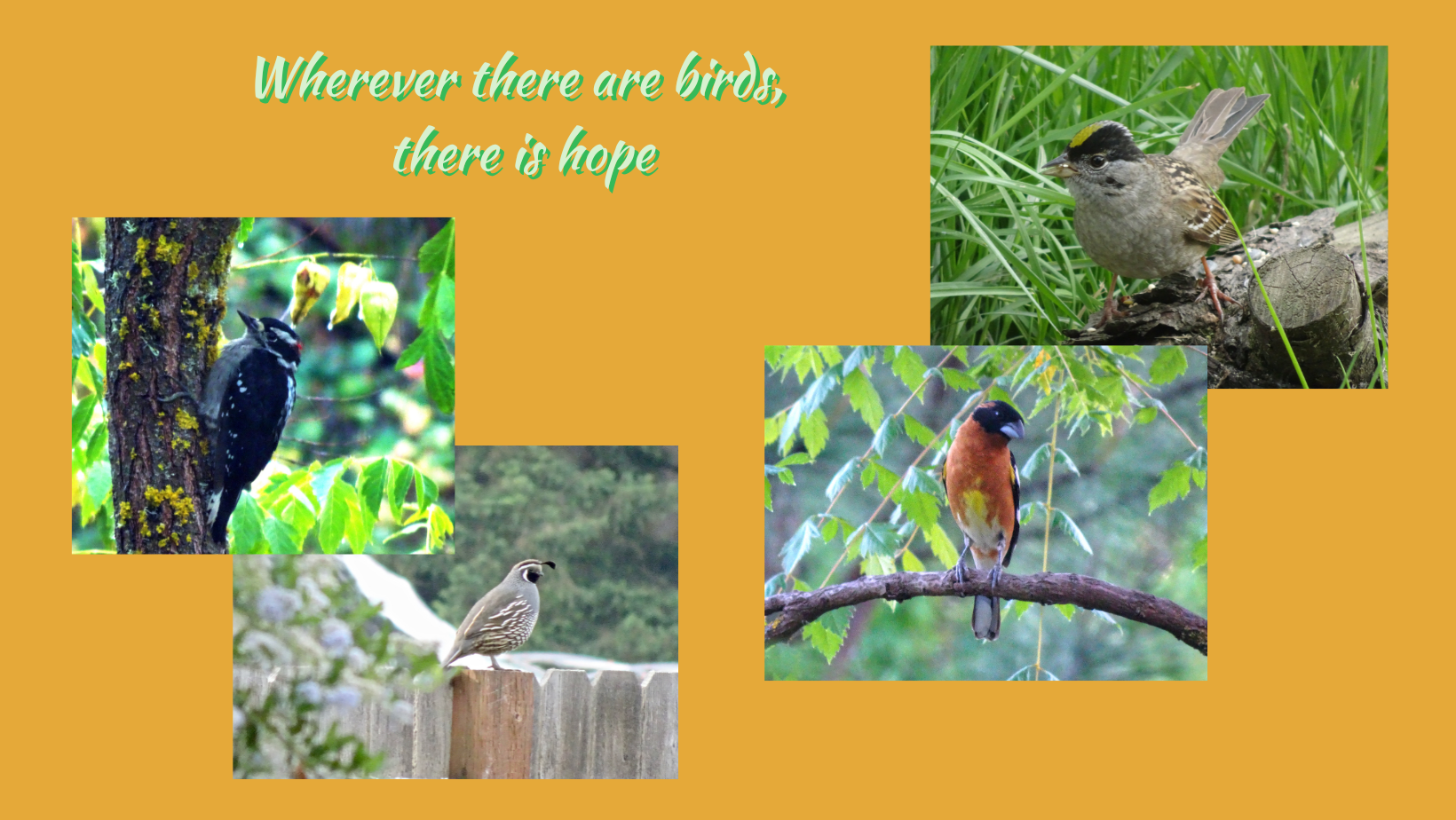



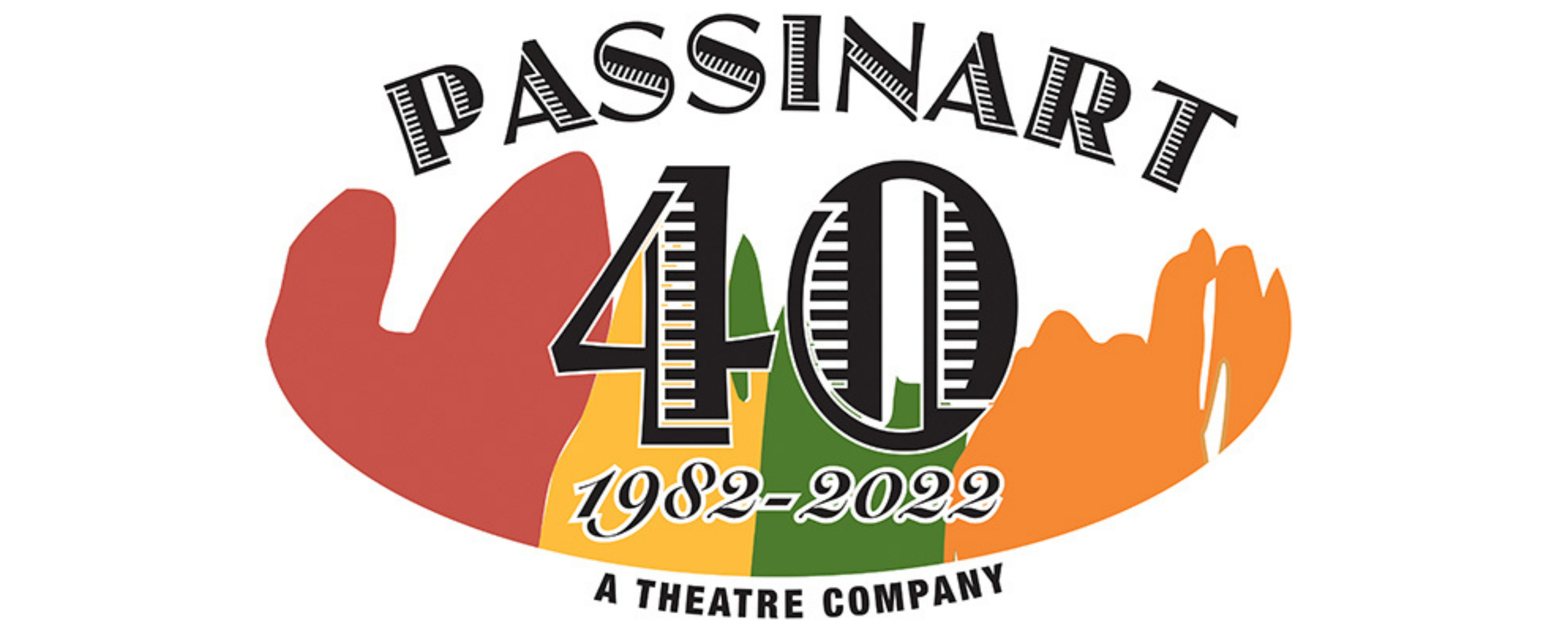
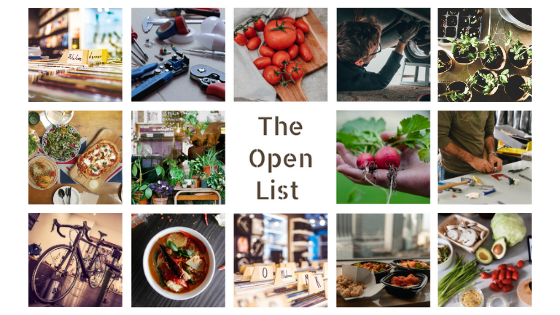

Great suggestions! Wonderful pictures! Thanks!